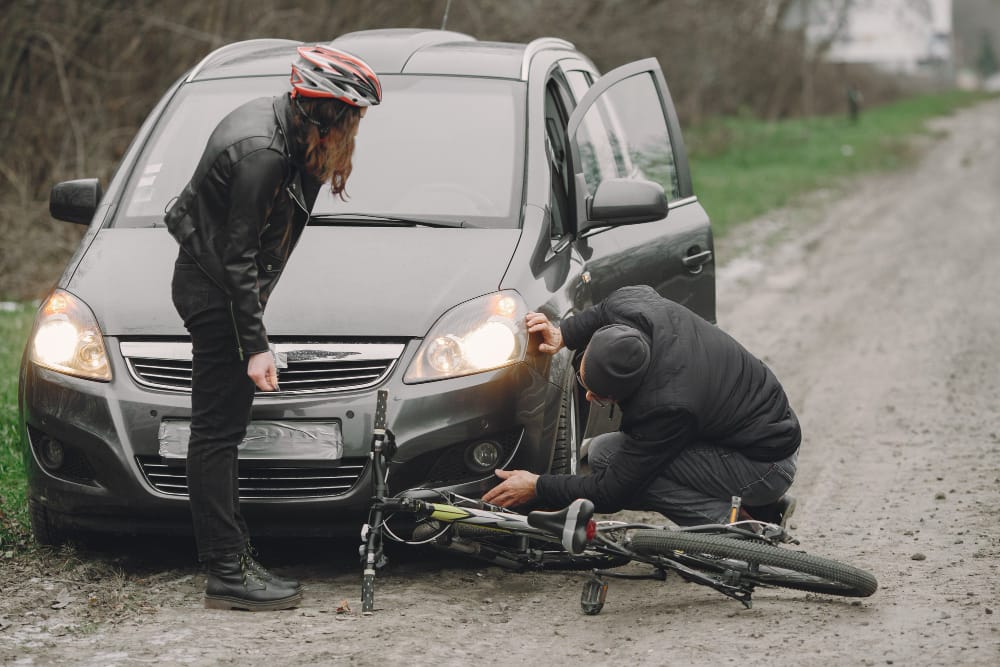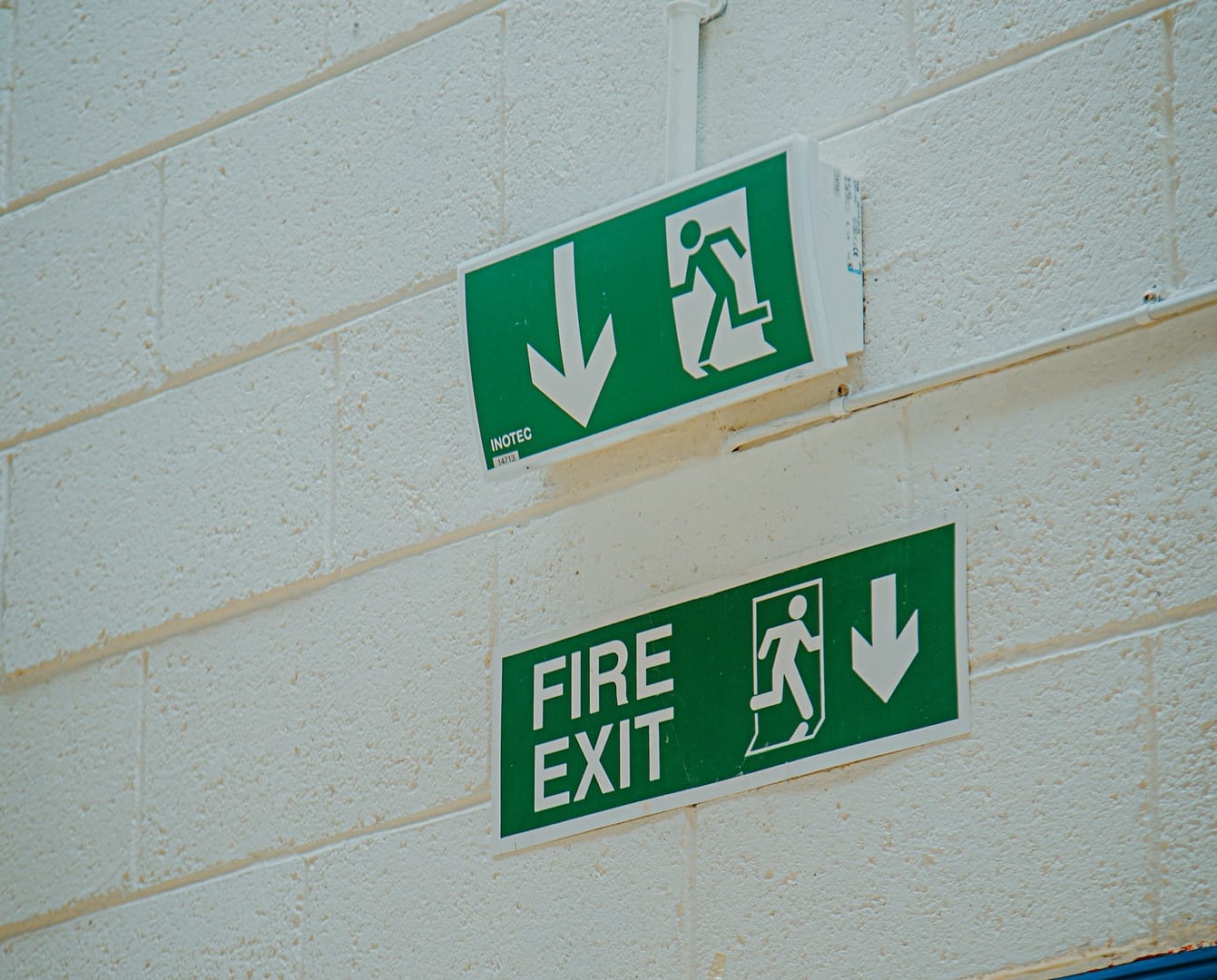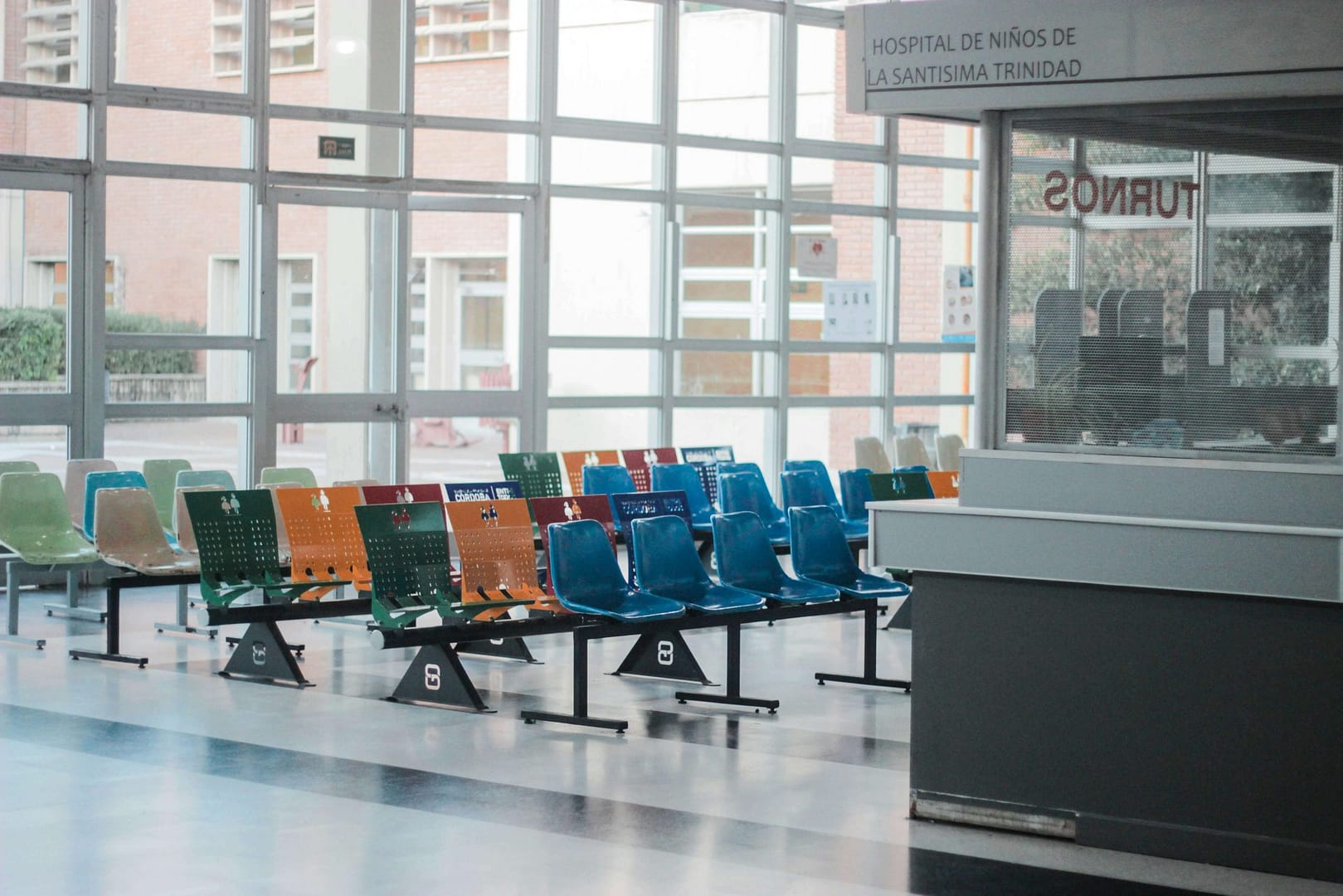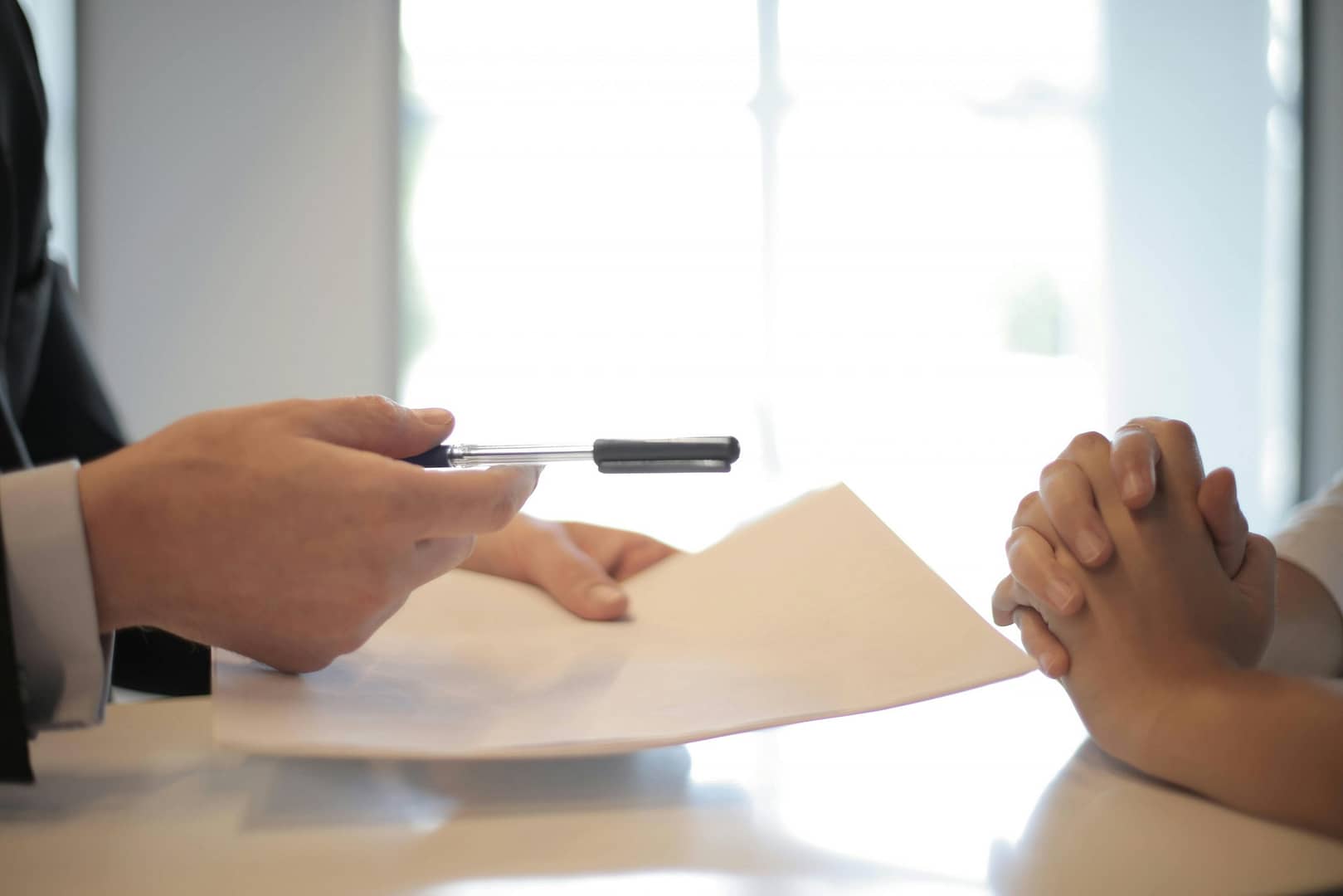Car accidents can be life-altering events, often leading to serious car accident injuries that require extensive rehabilitation. While the physical and emotional recovery process is long and challenging, navigating the legal side of things can be equally overwhelming. With National Claims, the claims process can be simplified, making it easier for you to focus on recovery. Understanding the rehabilitation process and how compensation claims work can help accident victims regain their health and secure the financial support they need to rebuild their lives.
The Immediate Aftermath: Addressing Car Accident Injuries
The first priority following a serious car accident is to address immediate injuries. This usually involves emergency medical treatment, such as surgery, pain management, and stabilising vital signs. In the case of serious injuries, such as fractures, spinal cord damage, or traumatic brain injuries, the road to recovery may involve months of hospitalisation.
Once a person is stable, rehabilitation begins. This is where the real journey starts. The focus of rehabilitation is to help the person regain as much independence as possible, restore physical function, and provide mental and emotional support. Rehabilitation may take place in several stages, including inpatient care, outpatient therapy, and at-home exercises.
The Rehabilitation Process: Physical and Emotional Recovery
- Physical Therapy: One of the most common aspects of recovery after serious car accidents is physical therapy. This type of therapy focuses on improving mobility, strength, and flexibility. Patients may need to work on simple tasks like walking, standing, or regaining balance. The physical therapist will develop a personalised plan of exercises designed to meet the patient’s specific needs.
- Occupational Therapy: For those who have sustained injuries affecting their ability to perform daily activities, occupational therapy is critical. Occupational therapists work to help patients regain skills necessary for everyday tasks, from personal hygiene to returning to work. It also involves the use of assistive devices if needed.
- Psychological Support: Coping with the mental and emotional toll of a car accident is just as crucial as physical recovery. Many accident survivors experience post-traumatic stress disorder (PTSD), anxiety, or depression. Therapy, counselling, and even support groups play a significant role in addressing the emotional scars of an accident.
- Pain Management: Chronic pain is a common consequence of serious injuries. Many individuals experience long-term discomfort from conditions like whiplash, nerve damage, or back injuries. Pain management strategies, which may include medication, acupuncture, massage therapy, and other holistic approaches, are often part of a comprehensive rehabilitation plan.
Moving Forward: The Impact of Compensation on Recovery
Financial compensation can significantly impact the recovery process by providing the resources needed for ongoing treatment, rehabilitation, and support services. It can also give victims the peace of mind to focus on healing rather than worrying about the financial burden of their injuries.
The compensation received can help cover the costs of long-term physical therapy, medical devices, and even home modifications if necessary. Additionally, compensation can help replace lost wages during the recovery period and provide for loved ones who may have to care for the injured person.
Compensation Claims: Car Accident Injuries
Recovering from car accident injuries can be challenging, and while physical recovery is often the primary focus, obtaining compensation is equally important. Compensation can help cover medical expenses, lost wages, pain, suffering, and the significant financial burden associated with rehabilitation. Pursuing a compensation claim is a crucial step toward alleviating these burdens.
- Filing a Personal Injury Claim
Filing a personal injury claim allows victims to seek damages for:
- Medical expenses: Including emergency care, hospital stays, and ongoing rehabilitation.
- Lost earnings: Compensation for income lost due to time away from work.
- Emotional distress: Acknowledging the mental and emotional toll of the accident.
Contact National Claims today where we will connect with experienced solicitors specialising in personal injury law. These experts will guide you through the process, helping you understand your rights and ensuring you receive fair compensation.
The Claim Process: What to Expect
- Gathering Evidence
Collecting strong evidence is essential to building a compelling case. This includes:- Medical records and treatment plans.
- Accident reports and police documentation.
- Witness statements and, if needed, expert testimony.
- Proof of ongoing rehabilitation needs, such as physical therapy or mental health care.
- Settlement Negotiations
Many personal injury claims are resolved through settlement negotiations essential to:- Fully understand the value of your claim.
- Ensure the settlement covers all current and future expenses related to recovery.
Consulting an attorney is critical during this phase to avoid accepting a low offer.
- Court Proceedings
If a fair settlement cannot be reached, your claim may proceed to court. While trials can be time-consuming and stressful, they may lead to higher compensation, But most of the personal injury cases are settled out of court. A skilled solicitor will advocate on your behalf, presenting your case effectively to maximise your chances of success.
Conclusion
Recovering from a serious car accident injury is a long and difficult journey, but with the right rehabilitation and legal support, accident victims can rebuild their lives. Whether your injury is mild, moderate, or severe, you deserve to have your costs and losses taken seriously. Remember, reaching out for guidance and support is the first step in rebuilding your life. And with a clearer understanding of what injury compensation can offer, you’re already on the path to securing the resources you need.
At National Claims, we understand that injury can have a profound impact on both your emotional and financial well-being, often changing the course of your life in ways you never anticipated. We and our solicitors are here to support you through this challenging time, not just by securing the compensation you deserve, but also by helping you rebuild your life. After your claim, we’ll connect you with the right community resources, support networks, and rehabilitation services to guide you towards recovery and a brighter future. You don’t have to face this journey alone—we’re here to help every step of the way.
From physical and occupational therapy to psychological support and pain management, the rehabilitation process is essential for healing. Coupled with the right compensation, victims can ensure that they have the resources necessary to recover and move forward with their lives. While the road to recovery may be challenging, understanding the steps involved can make the process more manageable, providing hope and a brighter future for those affected by serious injuries.
Free Consultation with National Claims
Start with a free consultation with us, where we’ll listen carefully to your experience and assess the extent of your injury. We’ll provide you with clear initial advice on whether you have a strong claim, helping you understand your rights and options. From there, we’ll connect you with a solicitor from our panel who specialises in brain injury claim cases and will guide you through the next steps.
*No Win, No Fee At National Claims
We believe that everyone deserves access to legal support when dealing with personal injury. That’s why we work on a “No Win, No Fee” basis—meaning you won’t pay any upfront legal fees. The solicitors fees are payable fees if your claim is successful, allowing you to take action against medical negligence without financial worry. *Customers pay up to 25% (incl. VAT) of the amount recovered towards solicitor costs and if you cancel outside your cooling off period, you may be charged a fee.

We’re proud of our excellent customer reviews
We thrive on delivering exceptional service and ensuring our clients’ satisfaction. Don’t just take our word for it. Check out some of our independent reviews to see what our clients have to say.
Excellent

This firm is excellent, they sorted out my car pay out and injury claim very fast, they always communicate with you all the time.

My accident case was dealt with confidence and with great result of the outcome, especially James kept me informed all the time.

I was very impressed at the way my inquiry was treated. I was listened to attentively and everything I needed to know was explained to me.






